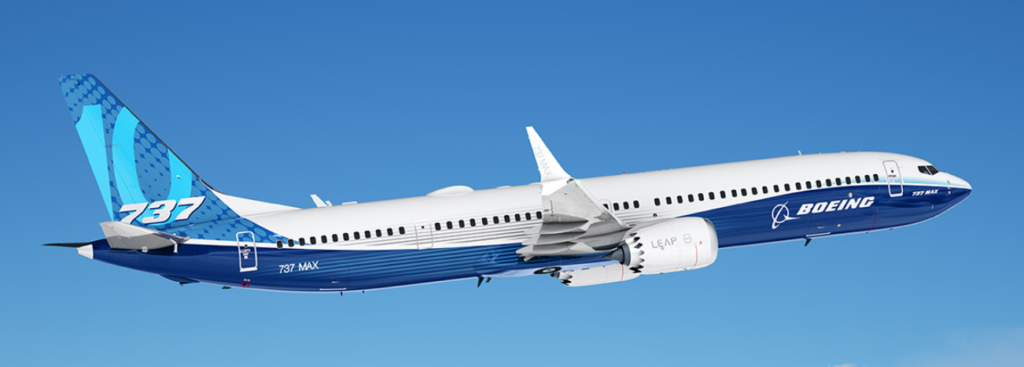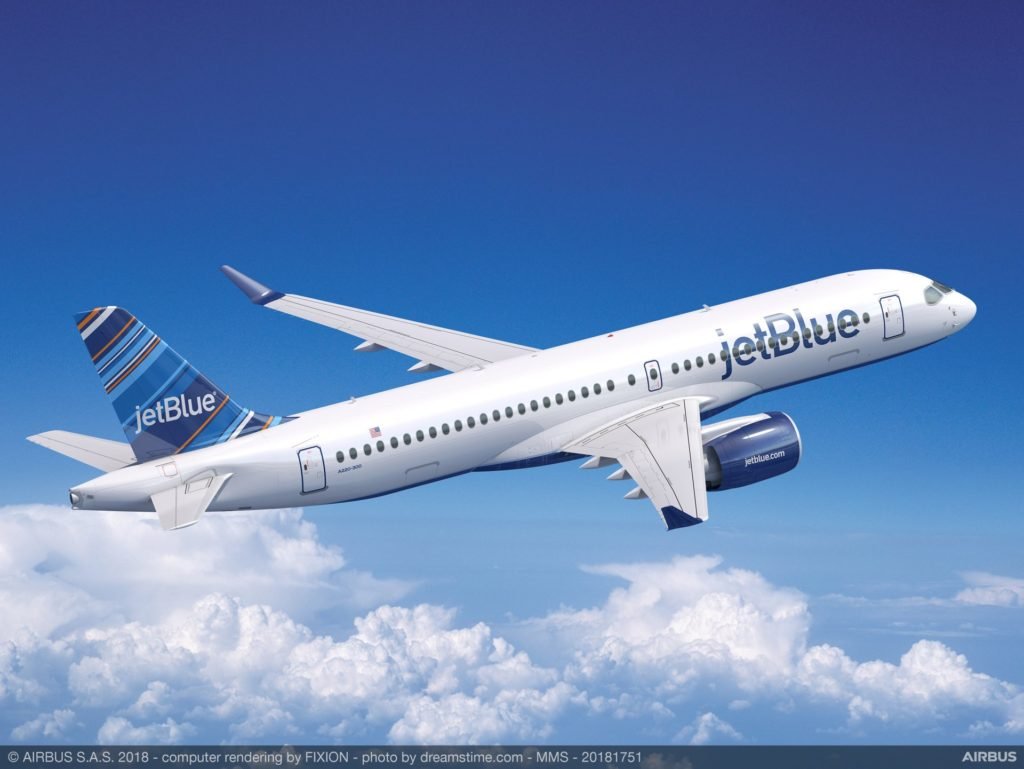Boeing & Bamboo Airways Announce Order for 10 787 Dreamliners
HANOI, Vietnam, Feb. 27, 2019 /PRNewswire/ -- Boeing [NYSE: BA] and Bamboo Airways today confirmed an order for 10 787-9 Dreamliners valued at $3 billion according to list prices. The order for the super-efficient and longest-range…


